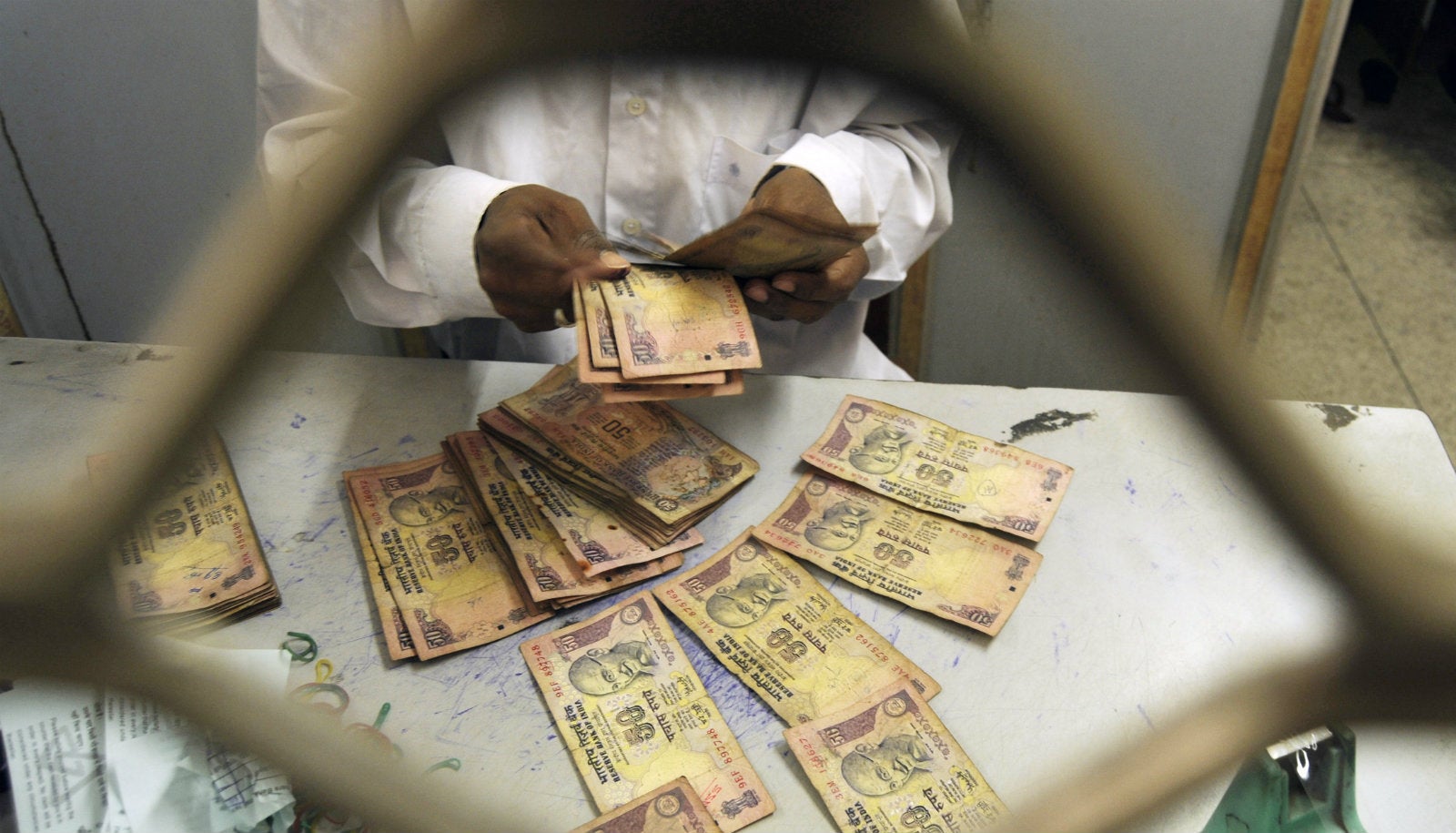Raghuram Rajan wants more banks in India but big corporate houses are not welcome
Asia’s third largest economy might have more banks soon.


Asia’s third largest economy might have more banks soon.
The Reserve Bank of India (RBI), on May 05, proposed granting on-tap banking licenses, which means giving permits to set up banks on a continuous basis. The RBI is now taking suggestions and comments on this proposal from the public, which it will consider before issuing guidelines. As of now, the central bank gives licenses by announcing a specific time window during which firms can apply.
The need for more banks is clear: Some 233 million Indians were without a bank account in 2015. India had only 0.01 banks per 1,00,000 people, in 2014, one of the lowest ratio among emerging economies.
The RBI last gave out universal banking licenses—for operating full service banks—in 2014, when only two out of the 25 applicants were given permission. In addition, 11 payment bank licenses were issued and 10 small bank licenses were given out in 2015.
Payment banks are allowed to accept deposits (of up to Rs1 lakh), provide payments and remittance services, and distribute third-party financial products. Small finance banks on the other hand, are banks offering basic products and are smaller in size and operations; their main purpose is financial inclusion.
Tough rules
There are, however, a few clauses in the existing proposal that could make getting these bank licenses a tad difficult compared to earlier guidelines.
For one, the RBI doesn’t want large business or industrial houses to apply. They can, however, invest up to 10% in new banks.
“It has been RBI’s stance to not really allow corporate houses to come and open a bank in India to keep it safe from any influence—which is probably why the last time around when some had applied, none was selected for a licence,” M D Mallya, former chairman and managing director of Bank of Baroda, told the Mint newspaper.
Even for smaller companies who do want to apply for banking licenses, the central bank has strict conditions:
- These companies should have a successful track record of at least 10 years.
- They should also have minimum assets worth Rs5,000 crore and the non-financial business revenue of these firms should not be more than 40% of the total income or assets.
- Promoters of these companies must be Indian residents and have at least a decade’s experience in the banking and finance industry.